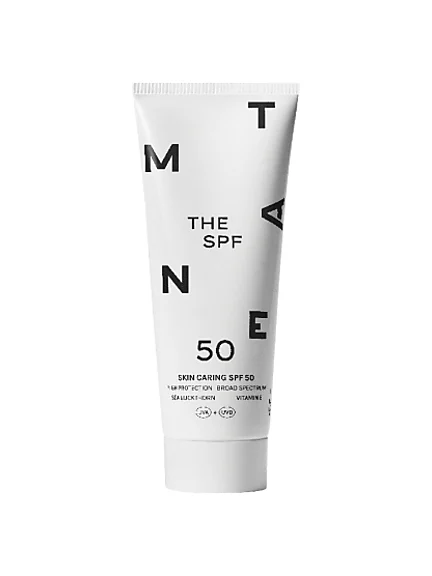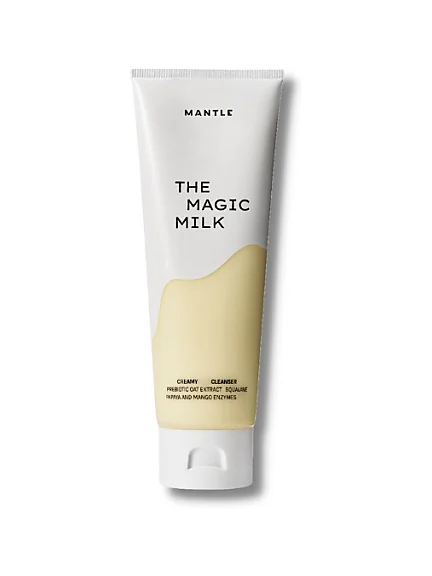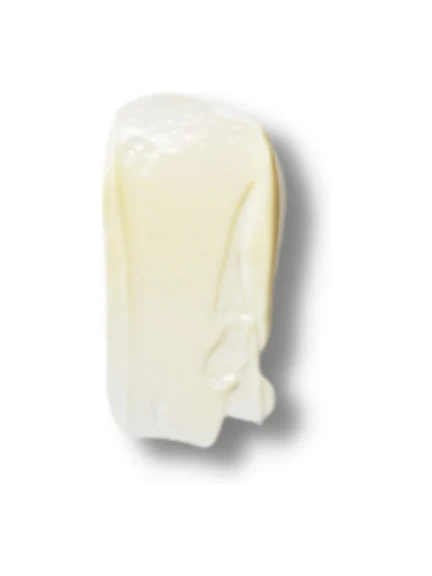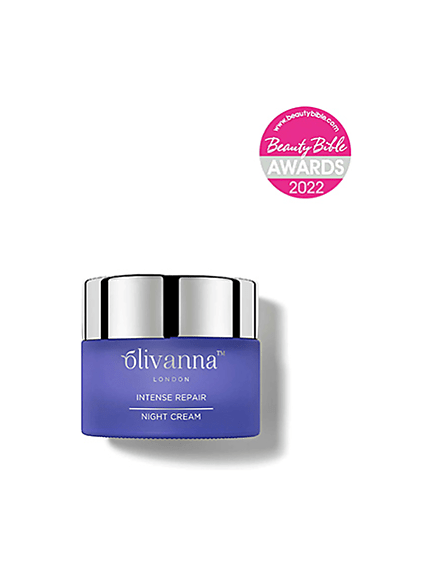The skin barrier, often referred to as the moisture barrier, is a crucial element in maintaining healthy and radiant skin.“The skin barrier refers to the outermost layer of skin, which is also called the stratum corneum. This is the first layer of defense that provides protection to the deeper layers of your skin,” New York City–based dermatologist Lauren Penzi. This protective layer shields our skin from external aggressors, such as pollutants and bacteria, while retaining moisture within. When the barrier is healthy, skin looks radiant. When it’s compromised—through over-exfoliation, for example—that can lead to a host of issues like acne, irritation, and chronic dryness. Damage to this barrier can lead to various skin issues, including dryness, sensitivity, and inflammation. But fear not, repairing your skin barrier is entirely achievable with the right steps and products.
Understanding the Skin Barrier – What is the skin barrier?
The skin barrier is composed of lipids, natural oils, and cells that create a protective shield. Disruption of this barrier can occur due to over-exfoliation, harsh skincare products, environmental factors, or simply as a result of ageing. Signs of a compromised barrier often include redness, dry patches, irritation, and increased sensitivity.
Determine whether your skin barrier is damaged
Frequently, dryness, redness, or irritation serves as a clear indicator of a compromised skin barrier, according to dermatologist Lindsey Zubritsky based in Pennsylvania. She points out that you might observe sensations such as stinging, burning, or increased sensitivity during product application. Additionally, the dermatologist mentions that other signs could include breakouts or a worsening of existing skin conditions like eczema or rosacea.
Common external causes of damaged skin barrier can vary from our basic routine up to environmental factors, such as:
1. Overwashing
Overexposure to water and a harsh cleanser could cause a damaged skin barrier. It can strip away the natural lipid barrier on our skin. Instead of protecting your skin from dirt and impurities, it could damage the skin’s first protective layer, which provides most of the protection.
2. Over-exfoliating
With more varieties of exfoliating products on the market and the tendency for instant gratification in your skincare routine, over-exfoliating is more of a common thing recently. When you over-exfoliate your skin, you’re not only taking away the unwanted dead skin cells on the top layer of your skin but also the functional “skin barrier” that are present to protect you in the first place. Always be mindful while using your exfoliating products and look out for any differences on your skin; this allows you to STOP doing it when needed.
3. Pollution, bad or dry air quality
Research has shown that pollution and dry air can affect our skin barrier layer. Thus, it is very common for people to experience sensitive and itchy skin when the air quality is poor. Therefore, it is best to limit outdoor activities during pollution, wear protective masks and clothing outdoors and use an air purifier in your living space to keep the air clean. This won’t only benefit your skin but also your general health in general.
4. Stress and lack of sleep
Have you ever experienced a “bad skin” day when you lack rest and sleep? Yes, research shows research that lack of sleep or rest can damage your skin barrier and lead to increased transepidermal water loss. Get more rest, sleep and protect your skin barrier!

How to Repair Your Skin Barrier:
When focusing on maintaining your skin’s barrier, prioritizing prevention over treatment is key. Here are some guidelines to preserve its health and reduce the potential for damage:
- Gentle Cleansing: Begin by choosing a gentle, pH-balanced cleanser. Look for products that don’t strip the skin of its natural oils. Opt for cream-based or hydrating cleansers that effectively clean without causing further damage.
- Hydration and Moisture: Hydration is key to repairing the skin barrier. Consider products containing hyaluronic acid, glycerin, or ceramides, which help replenish moisture and strengthen the skin’s natural defenses. Look for a hydrating serum or a lightweight moisturizer that suits your skin type
- Avoid Harsh Ingredients: Minimize the use of products containing alcohol, artificial fragrances, and aggressive exfoliants, as these can further compromise the barrier. Opt for products that are fragrance-free and formulated for sensitive skin.
- Incorporate Barrier-Repairing Ingredients: Seek out products that contain ingredients known to support barrier repair, such as niacinamide, panthenol (provitamin B5), squalane, and peptides. These components aid in restoring and fortifying the skin barrier.
5. Sun Protection: Always apply sunscreen as a part of your skincare routine. Protecting your skin from harmful UV rays is crucial in allowing the skin barrier to heal and regenerate.
Shop Skin Barrier Repair Products
How Long Does it Take to Repair the Skin Barrier?
Repairing the skin barrier is a gradual process. The time it takes to see noticeable improvements can vary based on the severity of the damage. It might take a few days to a few weeks of consistent care before significant improvements become visible.
What is the Fastest Way to Repair the Skin Barrier?
While there’s no overnight fix, the fastest way to repair your skin barrier involves adopting a gentle skincare routine. Avoid harsh products, opt for barrier-strengthening ingredients, and maintain consistency in your regimen.
Signs of a Damaged Skin Barrier
Identifying a damaged skin barrier is crucial. Signs may include redness, dryness, tightness, increased sensitivity, or a compromised ability to retain moisture. If your skin feels irritated or looks inflamed, it could be an indicator of a compromised barrier.
How Can I Tell If My Skin Barrier Is Healing?
As your skin barrier heals, you might notice a reduction in redness, less tightness, and increased hydration. Your skin should feel more balanced and less reactive to environmental stressors.
Remember, consistency is key when repairing your skin barrier. Always perform a patch test with new products and consult a dermatologist if you have persistent skin concerns.
By following these steps and using suitable products vetted by Skindays you can effectively nurture and restore your skin barrier, revealing a healthier and more radiant complexion.
DISCOVER MORE HERE!



































